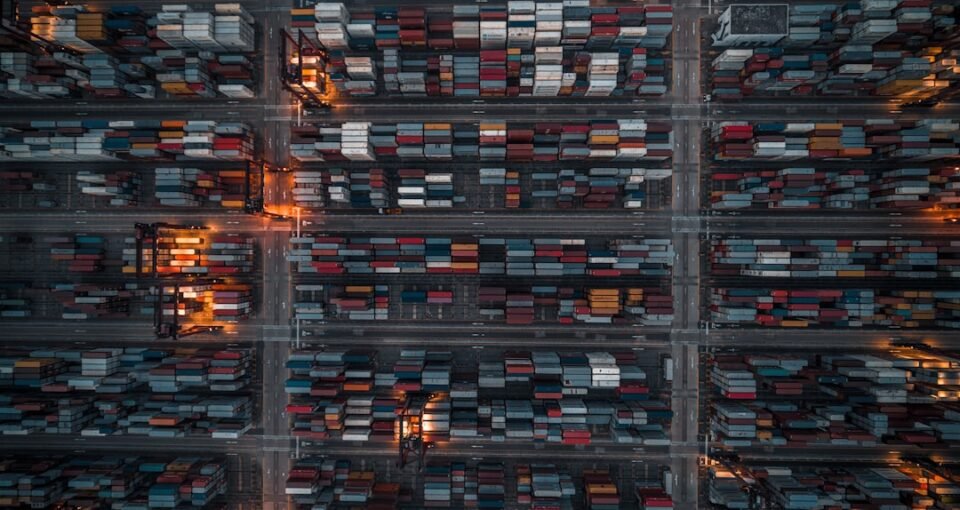In 2025, the logistics industry is undergoing a technological revolution aimed at enhancing delivery efficiency and sustainability. Automation is transforming warehouses with robots taking on tasks like picking and sorting, allowing human workers to focus on strategic roles. AI and machine learning are optimizing routes, reducing costs, and improving service delivery. Blockchain technology is providing secure and tamper-proof tracking for goods, enhancing transparency and authenticity.
The Internet of Things (IoT) enables real-time tracking of shipments, ensuring optimal conditions for sensitive items like medicines. Virtual and augmented reality are revolutionizing training, making it faster and safer. Big data analytics allow companies to predict demand and avoid delays, improving stock management and planning.
Sustainability is a key focus, with companies adopting electric vehicles and optimizing routes to reduce carbon footprints. Drones and driverless vehicles are beginning to make their mark, particularly in remote areas. Digital twins offer a way to simulate logistics processes, enabling better decision-making without real-world risks.
Overall, the logistics sector is leveraging technology to work smarter, achieving faster deliveries, lowering costs, and minimizing environmental impact. The future of logistics is here, driven by innovations that are reshaping the supply chain landscape.


